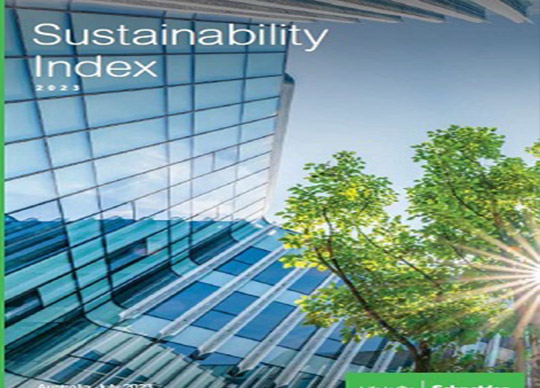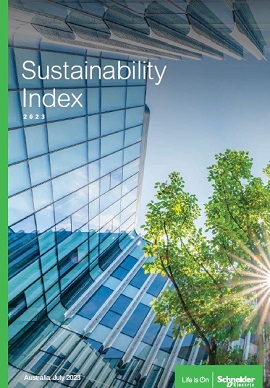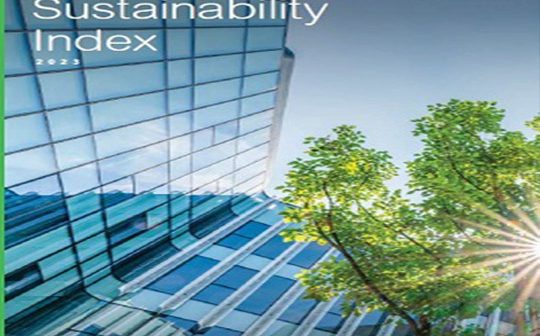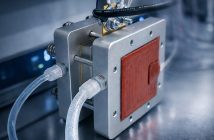
 New nation-wide research demonstrates that Australian businesses have recognised the imperative of achieving net zero emissions as a key driver for economic competitiveness and climate resilience, but indicates many companies are not acting quickly enough to address this urgent challenge.
New nation-wide research demonstrates that Australian businesses have recognised the imperative of achieving net zero emissions as a key driver for economic competitiveness and climate resilience, but indicates many companies are not acting quickly enough to address this urgent challenge.
The findings of Schneider Electric’s Sustainability Index, 2023 survey of over 500 decision-makers across corporate Australia highlights the need for increased momentum in decarbonisation efforts. The report reveals that over two-thirds (69%) of businesses agree that Australia must meet net zero emissions targets to remain economically competitive. More than three-quarters (77%) claimed that sustainable transformation is indeed driving a competitive edge for companies.
Schneider Electric is a global leader in the digital transformation of energy management and automation and its Pacific Zone President, Gareth O’Reilly said “It’s clear that businesses recognise the strategic importance of sustainable transformation. With less than 80 months until 2030, the challenge for businesses now is to fulfil that strategic opportunity at pace.”
Despite growing awareness and commitment to sustainability, the survey reveals that many businesses are falling short in implementing decarbonisation strategies. Only 52% of respondents reported discussing or having a decarbonisation strategy in place. This signifies that a significant portion of Australian companies have yet to fully commit to the transition to a low-carbon future.
Importantly, the findings shed light on the energy challenges faced by businesses. Cost and risk associated with energy supply and resources were identified as the most significant issues, cited by 42% of Australian businesses. Cybersecurity breaches were also a concern for 42% of respondents. In addition, 27% of companies expressed worries about the resilience of the nation’s power grid, highlighting the need for a reliable and sustainable energy infrastructure.
“To achieve the necessary emission reductions, it is essential that businesses set ambitious targets and map out the path to achieving them,” Mr O’Reilly said. “Many of the steps companies can take to improve energy efficiency and introduce their own renewable energy supply will not only improve their bottom line, but also protect them from volatility in energy supplies and pricing.”
The survey reveals that 42% of companies expect to achieve zero Scope 1 emissions, which refers to direct emissions from owned or controlled sources. Additionally, 37% aim for zero Scope 2 emissions, which include indirect emissions from generation of purchased electricity, heating, and cooling consumed by the company. Finally, 24% of businesses aspire to achieve zero Scope 3 emissions, which encompass all indirect emissions in the value chain, including those associated with the procurement and use of products and services and are the hardest to achieve.
The Schneider Electric Sustainability Index, 2023 report underscores the need for immediate action and the importance of digital technology, with 78% of companies acknowledging its key role in achieving sustainability goals.
Mr O’Reilly reiterated the urgency for businesses to act swiftly, stating, “Corporate Australia is ready to fully embrace sustainability, but we need to support businesses in turning these intentions to outcomes. Organisations must embrace sustainable transformation, prioritise digitalisation, and implement robust decarbonisation strategies now. The time for incremental change has passed; we must act with urgency to secure a sustainable and prosperous future. The moment is now.”
You can read the full report here.






